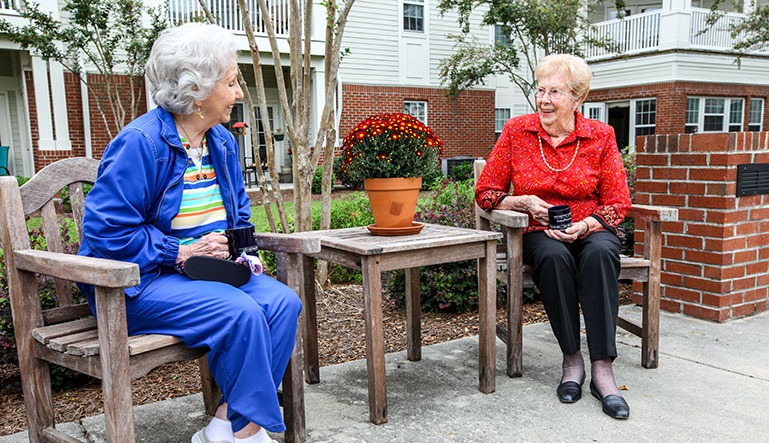Older adults often have difficulty falling asleep or staying asleep throughout the night. One possible culprit? Not getting enough vitamin D. It’s estimated that more than two out of five adults have a vitamin D deficiency. And some studies have linked a lack of vitamin D with sleep troubles. Does that mean getting enough vitamin D can help you get a good night’s sleep? Although medical research has yet to give a clear answer, the bottom line seems to be: It could help, and, aside from taking toxic doses of vitamin D supplements, it couldn’t hurt. Here’s what may be helpful to know about this important nutrient—and how a healthy lifestyle that includes good nutrition and outdoor activity can help you get more D, and just maybe a solid 40 winks.
Vitamin D and sleep
As we age, several factors may interfere with getting a good night’s sleep:
- changes in routine after retirement
- side effect of prescription medications
- stress and worries
- middle-of-the-night trips to the bathroom
- pain from chronic health conditions
Evidence also shows that there may be a link between vitamin D deficiency and sleep problems. For example, one study used wrist sensors to measure the quality of sleep in more than 3,000 men over the age of 68, of whom 16 percent had vitamin D deficiency. A score of 85 percent or above represented a good night’s sleep. The study found that men with a vitamin D deficiency scored lower for sleep quality. In fact, a vitamin D deficiency increased the odds of a sleep score below 70 percent.
What is the Best Time of Day to Take Vitamin D?
If you do take vitamin D supplements, the research linking vitamin D deficiency with sleep may make you think you should load up on the supplement right before bed. Not so, say some experts. Vitamin D is fat-soluble, meaning dietary fat needs to be present for your body to absorb it. So some experts say the best time to take vitamin D is right after a meal containing fat—and that even a little will do, such as in low-fat milk or yogurt.
How much Vitamin D do I need to help sleep?
So how do you get enough vitamin D? There are three ways: food, sun and supplements. Foods rich in vitamin D include:
- Fatty fish such as salmon, tuna, swordfish and sardines
- Fortified dairy products such as milk and yogurt
- Fortified cereals and citrus juices
- Egg yolks
You’ll notice that that’s a pretty short list. Vitamin D is not plentiful in foods, making it hard to get enough from diet alone. Fortunately, a little sun exposure—about 20 minutes on bare arms and legs three times a week—can provide all the D you need. That’s because your body can make vitamin D from cholesterol when it is exposed to the sun’s ultraviolet rays, and why D is known as “the sunshine vitamin.” If diet and sun aren’t enough or if you’re at all concerned, ask your doctor about vitamin D supplementation. A simple blood test can check your vitamin D levels and inform a course of treatment. Your doctor can recommend the right dose of vitamin D to both eliminate the deficiency and to maintain healthy levels.
The Five Star Vitamin D “prescription”: good eating, great fun
At Five Star Senior Living, we promote a happy, healthy lifestyle. That includes dining menus featuring healthy foods loaded with nutritious ingredients—including vitamin D—that are simply delicious. A healthy lifestyle also includes plenty of social activity and getting outdoors to enjoy the sun, the fun and friendly neighbors. Learn more about our new, health-boosting recipes and our exclusive Life Enerichment programming. We hope you’ll see that living in a Five Star community can mean better sleeping at night—because the living is better during the day.

